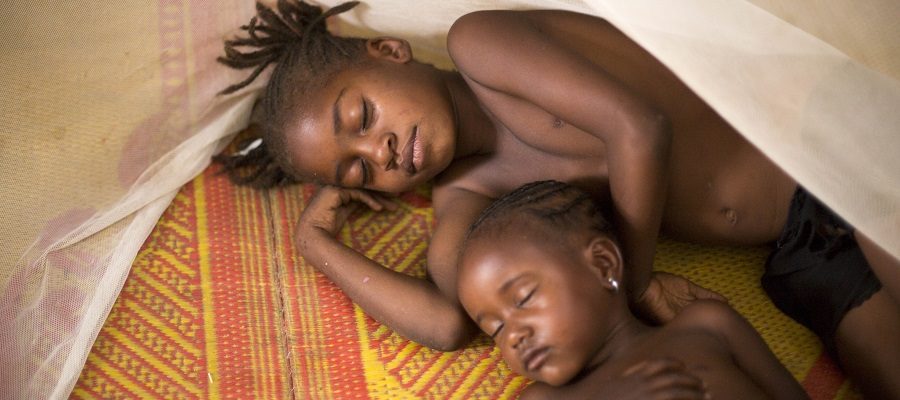
Long Lasting Insecticide Nets (LLINs): Use of LLINs, which remain one of the most effective malaria vector control methods available to date, acts as a physical barrier and prevents access to individuals sleeping under it by the vector mosquitoes. It is also insecticidal and kills mosquitoes which land on it; thus providing personal protection against malaria. .
Indoor Residual Spraying (IRS): IRS is the application of long-lasting chemical insecticides on the walls and ceilings of houses to inhibit the transmission of malaria. It reduces the life span and density of the vector mosquitoes; making it unable for them to transmit the malaria parasite from one person to another.
Intermittent Preventive Treatment of Malaria in Pregnancy (IPTp): The WHO recommends a 4 pronged approach for the control of malaria in pregnancy:
IPTp for every pregnant woman living in malaria endemic areas. Treatment doses of SP are given at scheduled intervals in pregnancy.
Promotion of the use of LLIN
Effective diagnosis and treatment of clinical malaria
Focused ANC with health education.
Seasonal Malaria Chemoprophylaxis: Intermittent administration of full treatment courses of antimalarial medicine during the malaria season to prevent malarial illness. The objective is to maintain therapeutic antimalarial drug concentrations in the blood throughout the period of greatest malarial risk.
Areas of high seasonal malaria transmission across the sahel sub-region with target areas:
Major malaria transmission occurs in period of about four months
Malaria Vaccine: The injectable vaccine, “RTS,S” developed to protect young children in Africa, will be assessed in 3 countries in the region from 2018.
